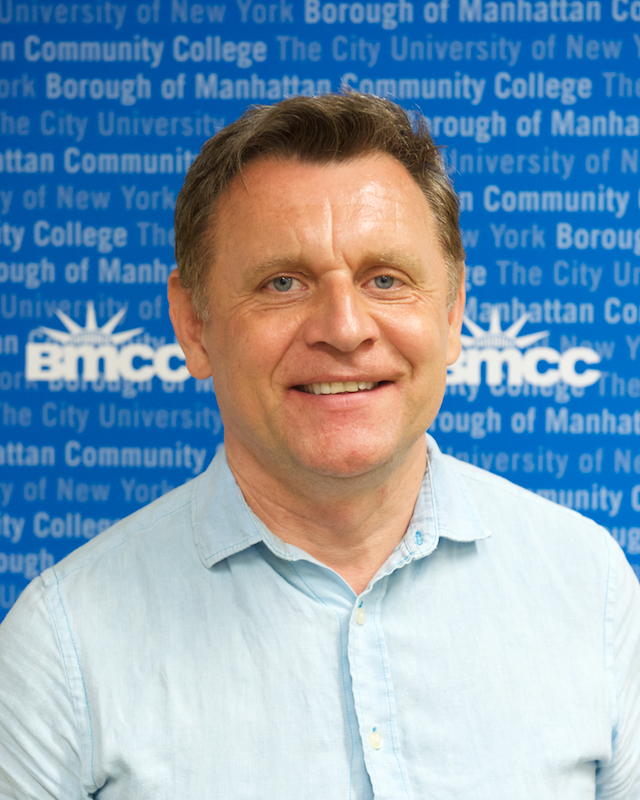Nicholas I. Malkov

Adjunct Lecturer
Social Sciences, Human Services and Criminal Justice
EMAIL: nmalkov@bmcc.cuny.edu
Office:
Office Hours:
Phone:
Expertise
Criminal Justice, Criminal Law, Compliance, Money Laundering, Policing, Investigation, Human Rights, Correction, Fraud Investigation
Degrees
- LLM, Fordham Law School 2007
Courses Taught
- Criminal Justice is the field that studies formal social control. This course covers the processing of crime by agents of formal control (police, courts, and institutional corrections). The general focus is on understanding the complex interactions of structures and agents in the system. Of particular concern are discretion and diversity in law enforcement, due process in criminal courts, and the punishment-rehabilitation dichotomy in corrections. The ultimate goal is to provide a critical foundation that prepares students for the challenges of a career in criminal justice.
- This course is intended to broaden the studenta??s understanding of the origins and development of law enforcement agencies in the United States. Moreover, the course will examine the complex role of the police in a democratic society in the criminal justice system. An emphasis will be placed on recruitment, the training process and the importance of diversity, particularly among larger police departments in the U.S. The course will also examine contemporary legal issues and modern strategies such as community, evidence-based, intelligence-led and predictive policing. Prerequisite: CRJ 101
- This is an introductory and foundational course in the study of crime and justice. It is designed to introduce students to the various historical and contemporary theories and empirical research used to understand deviant and criminal behavior. This course takes a critical approach to the study of the definition and measurement of crime, as well as applications of these theories to practice and in policy. Offending and victimization, as these relate to specific crime types (i.e., white collar crime, violent crime, sex crime, drug related crimes, etc.) will be explored. Prerequisite: SOC 100
- This course examines the history of criminal punishment in Western society, emphasizing the United States. The course highlights social forces (political, religious, economic, and technological) shaping punishment; reviews common theories (deterrence, retribution, rehabilitation, incapacitation, and restoration) and examines how theory relates to policy. The course takes a critical approach to correctional systems and policies by considering disparities and structural inequalities. Empirical evidence is used to examine contemporary crises of punishment (i.e., mass incarceration, school-to-prison pipeline) as well as prison culture, staffing, privatization, and prisoner civil rights. Alternatives to traditional punishment, especially restorative justice models, are explored. Prerequisite: CRJ 101
- This course takes a critical approach to the study of crime and justice in urban settings. Course materials examine contemporary crime-related issues that affect urban communities within a historical and sociological context. The course highlights the intersections of deviant behavior and the criminal justice system within the structures of class, race, gender, and power inequalities. Topics explored may include racial profiling, juvenile delinquency, media representations of crime, policing, the war on drugs, and prisoner re-entry.
Prerequisite: CRJ 101 and CRJ 102
Research and Projects
Money Laundering
Publications
Honors, Awards and Affiliations
Additional Information
Faculty member of John Jay College of Criminal Justice

